Optimal Seasons for Interior Painting
Interior painting projects can be scheduled throughout the year, but certain periods offer advantages for optimal results. Temperature and humidity levels significantly influence paint application and drying times. The most suitable seasons typically include spring and fall, when weather conditions tend to be more stable and moderate.
Spring offers mild temperatures and lower humidity, which help paint dry evenly and adhere properly. This season also allows for flexible scheduling before the heat of summer.
Fall provides cooler temperatures and less humidity, reducing the risk of paint peeling or bubbling. It is an ideal time for interior projects before winter.
High summer temperatures can cause paint to dry too quickly, leading to uneven finishes. Winter's cold and dry conditions may hinder proper curing indoors.
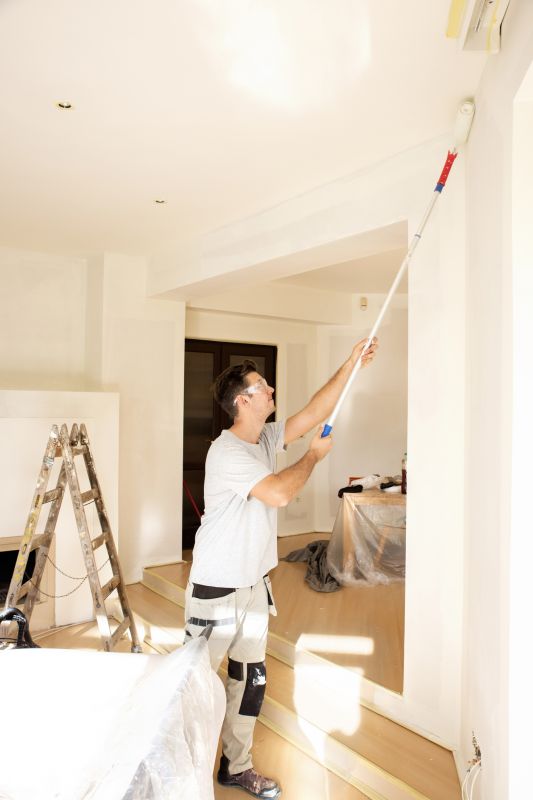
Spring's moderate climate supports quality interior painting results.
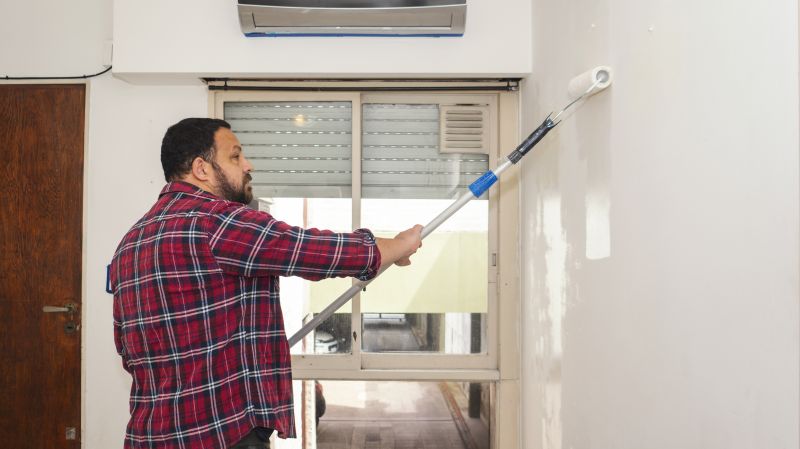
Fall's cooler weather is conducive to durable and smooth finishes.
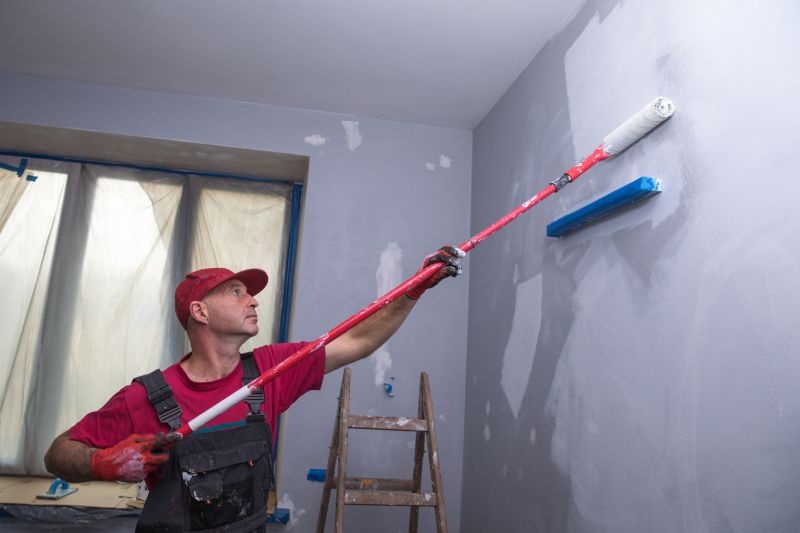
Consistent indoor temperature and humidity are crucial for high-quality interior painting.
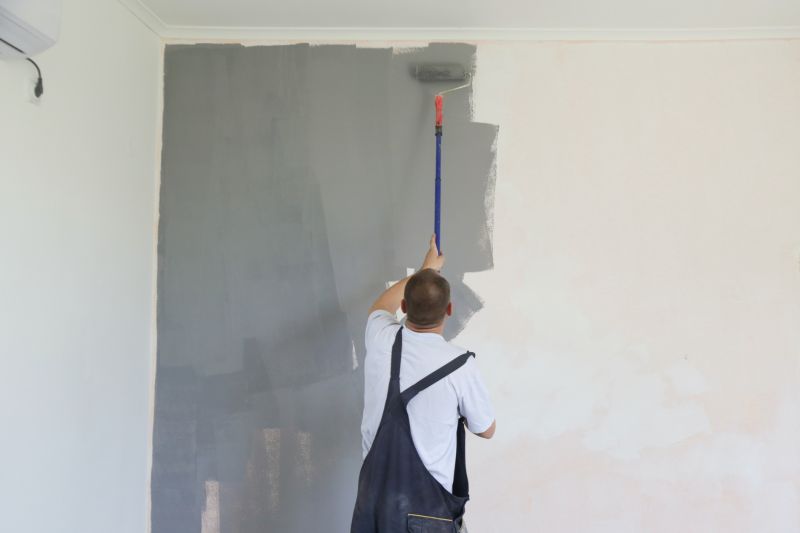
Scheduling during spring or fall can minimize disruptions and ensure proper drying time.
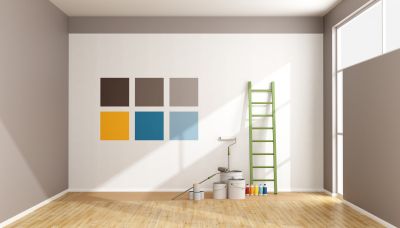
Ways to make Interior Paintings work in tight or awkward layouts.
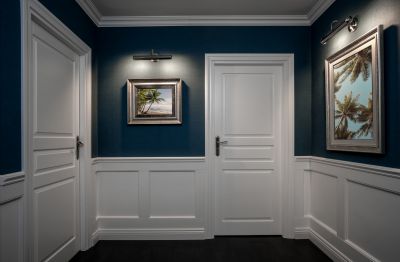
Popular materials for Interior Paintings and why they hold up over time.
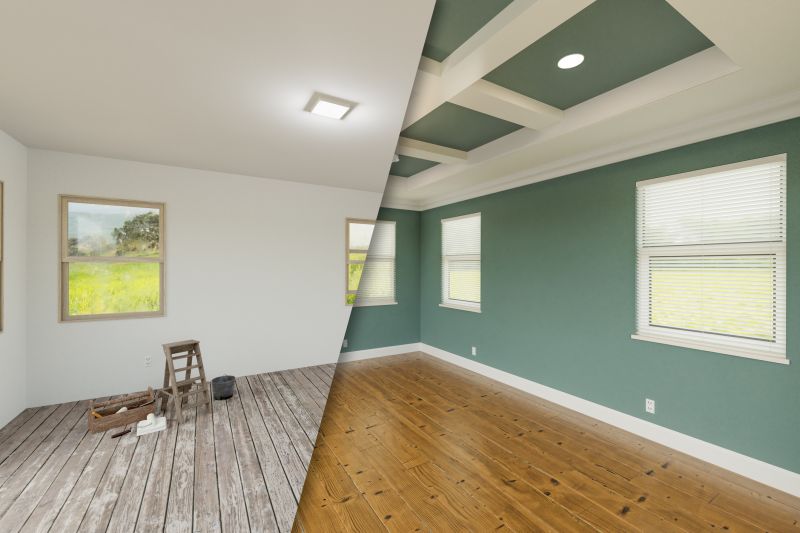
Simple add-ons that improve Interior Paintings without blowing the budget.
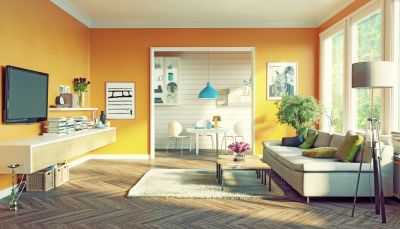
High-end options that actually feel worth it for Interior Paintings.
| Season | Ideal Conditions |
|---|---|
| Spring | Moderate temperatures, low humidity, longer daylight hours |
| Summer | High temperatures, high humidity, risk of quick drying |
| Fall | Cooler temperatures, low humidity, stable conditions |
| Winter | Cold temperatures, dry indoor air, potential for uneven drying |
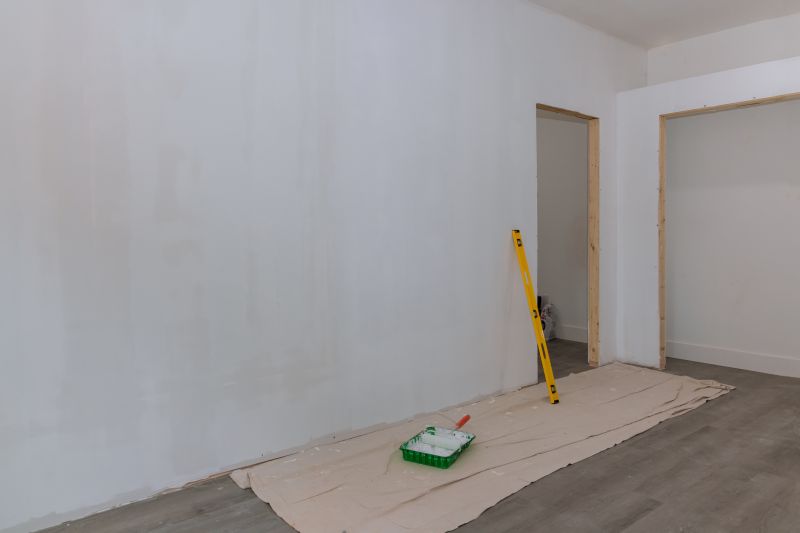
Preparing surfaces and choosing the right time ensures a smooth application.
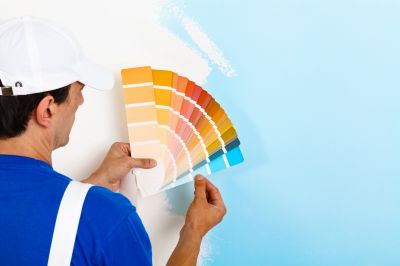
Seasonal lighting influences color perception indoors.
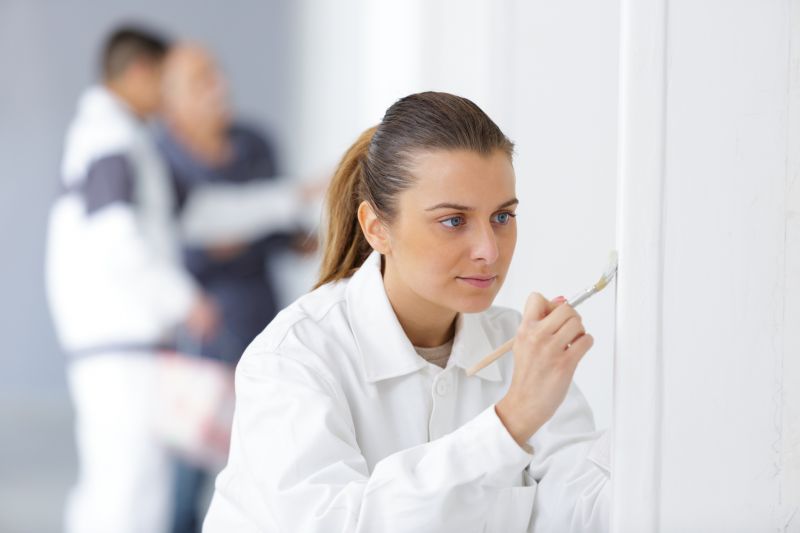
Proper techniques contribute to a flawless finish.
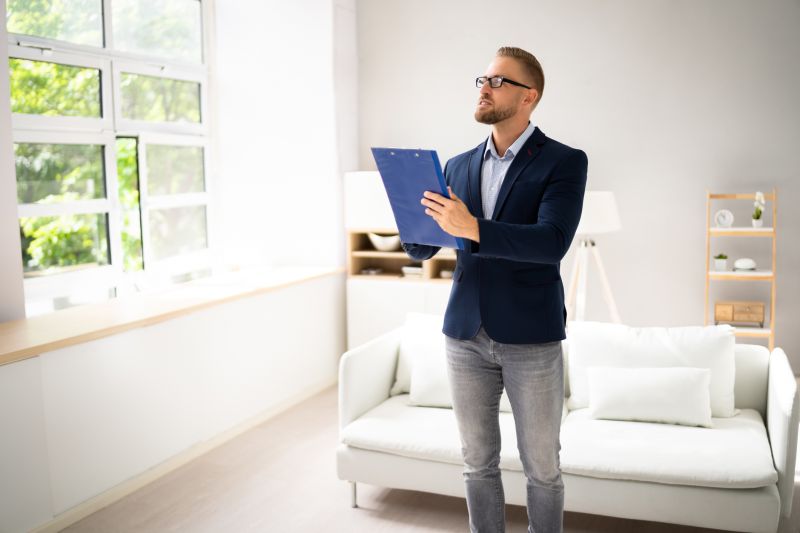
Timing allows for thorough inspection and touch-ups.
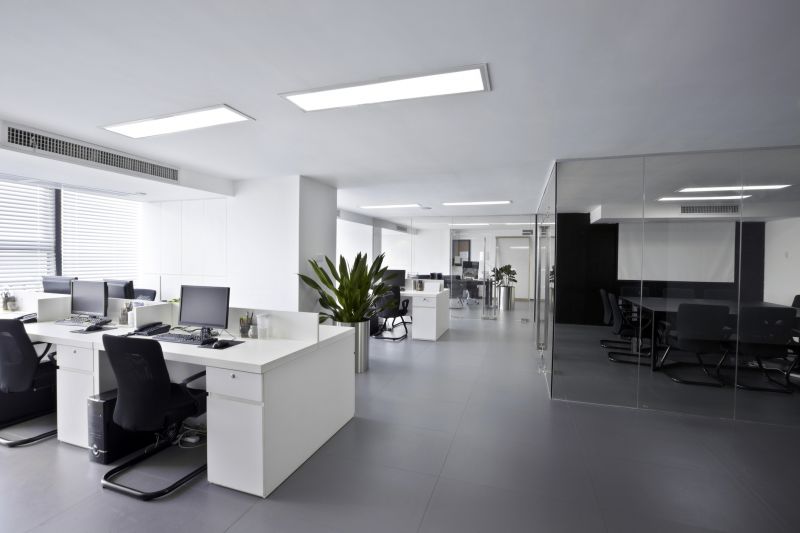
Finishes and colors that play nicely with Interior Paintings.
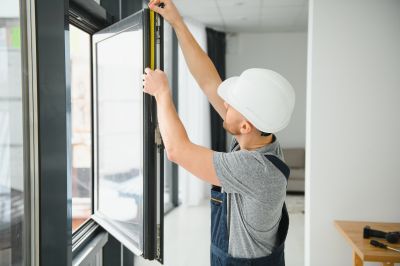
Little measurements that prevent headaches on Interior Paintings day.
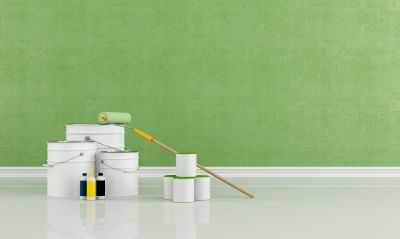
A 60-second routine that keeps Interior Paintings looking new.
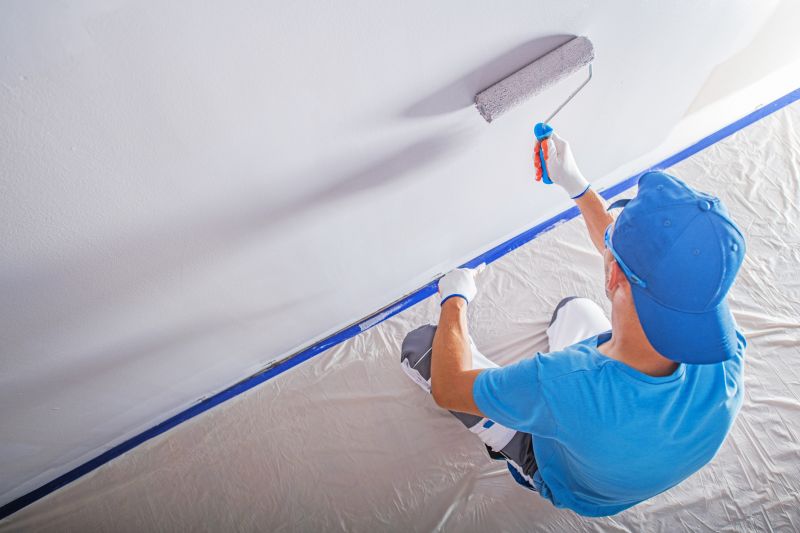
A frequent mistake in Interior Paintings and how to dodge it.
Scheduling interior painting during favorable seasons can lead to better results, fewer delays, and a longer-lasting finish. Proper planning and understanding of climate influences are essential for achieving the desired aesthetic and durability.
What are the best seasons for interior painting projects?
How should surfaces be prepared before painting?
What are current popular interior paint colors?
How to maintain painted interiors for longevity?
